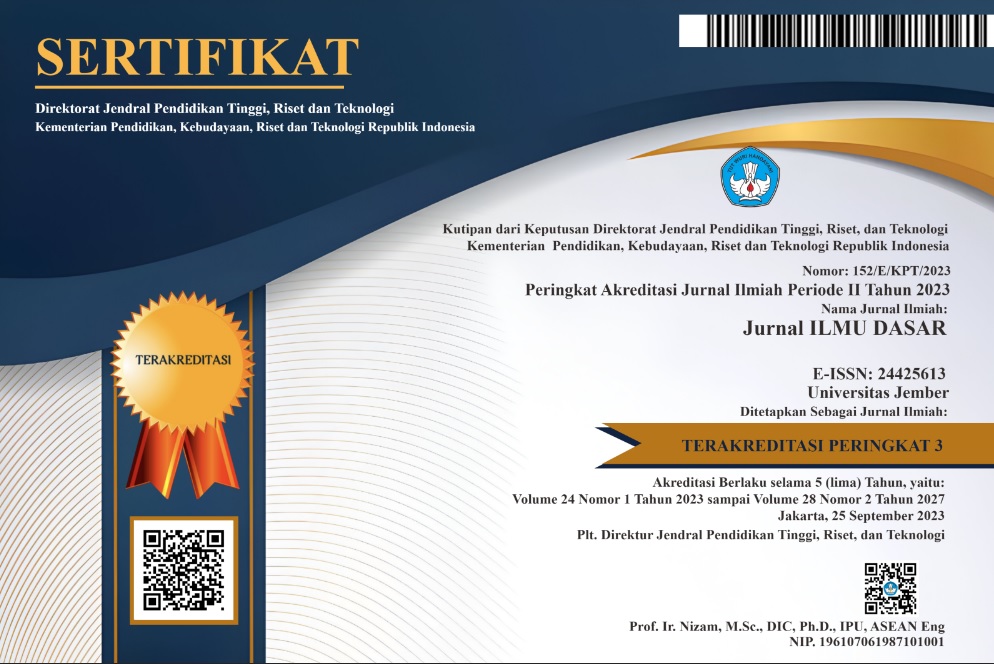Comparison of Yeast Resazurin Versus MTT Assay in vitro Methods For Determining Acute Toxicity of Halogenated Alkanes
Abstract
Halogenated alkanes may have potentially human health effect as a result of their persistence, bioaccumulation and toxicity after their release from environment into the food chain and water products. It is leading to increase attention for legislation aimed at prevention and great pressure to reduce the production and emission rate of halogenated alkanes. Besides many research efforts to understand the fate and (eco)toxicological effects of the halogenated alkanes. Several investigators have used animal in vivo in conventional toxicity studies of halogenated alkanes. Nevertheless, experimental by using animal testing is always time and resource demanding. Thus, it is not deemed suitable for screening of large number of potential toxicants. The main objective of this work was to investigate the comparability of yeast resazurin assay versus MTT assay for determining in vitro acute toxicity (EC50) of halogenated alkanes. The MTT assay was conducted using Chinese Hamster Ovary (CHO cell), whilst yeast strains were used in yeast resazurin assay. The study demonstrates a comparability result to which halogenated alkanes is more toxic to CHO cell than to yeast cell.
Published
2008-07-04
How to Cite
ZUAS, Oman.
Comparison of Yeast Resazurin Versus MTT Assay in vitro Methods For Determining Acute Toxicity of Halogenated Alkanes.
Jurnal ILMU DASAR, [S.l.], v. 9, n. 2, p. 135-141, july 2008.
ISSN 2442-5613.
Available at: <https://jurnal.unej.ac.id/index.php/JID/article/view/141>. Date accessed: 22 dec. 2024.
Issue
Section
General
Keywords
Halogenated alkanes; in vitro; yeast resazurin; MTT; acute toxicity











